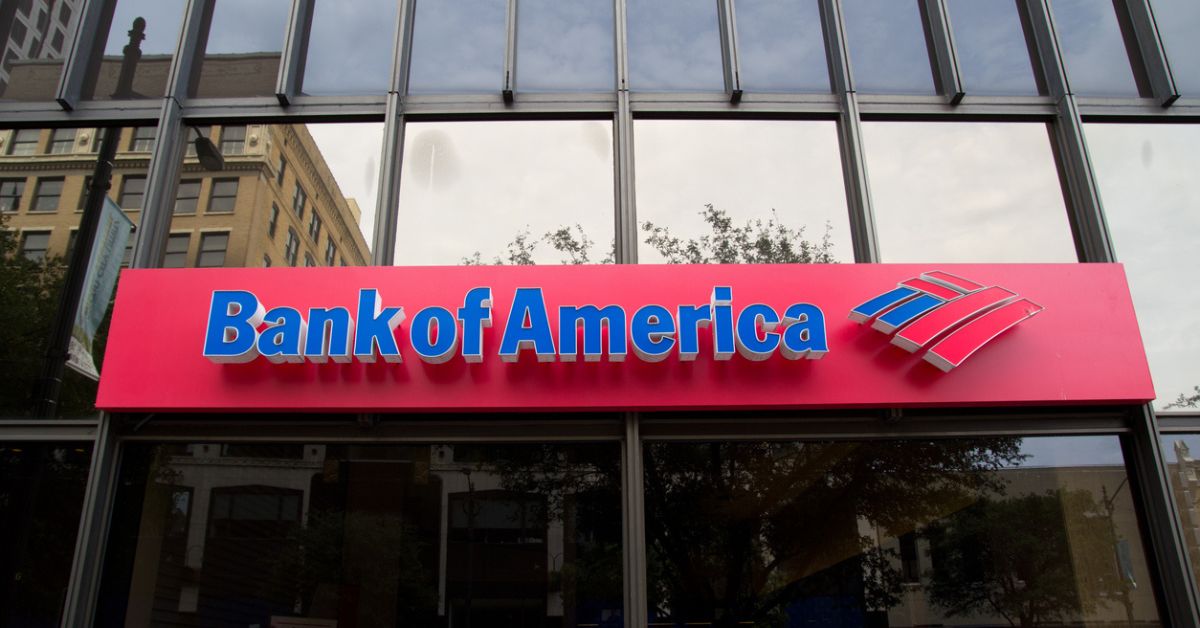A 67-year-old woman from Florida has taken legal action against Bank of America, alleging negligence and violations of federal laws. The case, now in federal court, asserts that the bank failed to safeguard her accounts, resulting in a loss of $2 million due to a sophisticated social engineering scam.
Lynne Bucklin, residing in Collier County, Florida, claims that Bank of America didn't adequately prevent fraudulent wire transfers that depleted her accounts and converted the stolen funds into cryptocurrency. Although she managed to recover some funds, a significant portion remains missing.
The ordeal began with Bucklin receiving fraudulent electronic communications and phone calls from individuals posing as Federal Trade Commission investigators. They purported that her Social Security number was compromised, initiating a series of deceptive interactions. The scammer, impersonating an FTC official named Bruce Williams, sent Bucklin a picture of a badge, a badge number, and a letter allegedly from the FTC, claiming her accounts were at risk and that an investigation was underway.
Under the guise of protecting her assets, the scammer convinced Bucklin to transfer money into cryptocurrency accounts via wire transfers at a Bank of America branches in Naples, Florida. Despite the irregularity of the transactions, Bucklin's bank representatives failed to question their validity. Furthermore, the scammer gained remote access to her computer to manipulate accounts and steal her identity.
Though Bank of America managed to recover a portion of the stolen funds, they closed Bucklin's inquiry without explanation. More than $1.5 million remains unaccounted for. Bucklin accuses the bank of negligent hiring, breach of contract, and violations of federal laws, including the Electronic Funds Transfer Act and the Florida Uniform Commercial Code.
In response to an inquiry from Law 360, a legal news service company affiliated with Lexis Nexis, Benny C. Carollo Jr., representing Bucklin, highlighted the alarming rise in social engineering scams and criticized U.S. based financial institutions for failing to implement commercially reasonable measures to protect clients.
The Federal Trade Commission issued a warning about impostor scams, emphasizing that its agents never demand money, instruct individuals to use cryptocurrency ATMs, or threaten arrest or deportation. Guidance on recognizing impostor scams is available on the FTC's website.
Bernard C. Carollo Jr. and Christopher T. Vernon represent the plaintiff, while Kimberly T. Mydock represents Bank of America.


